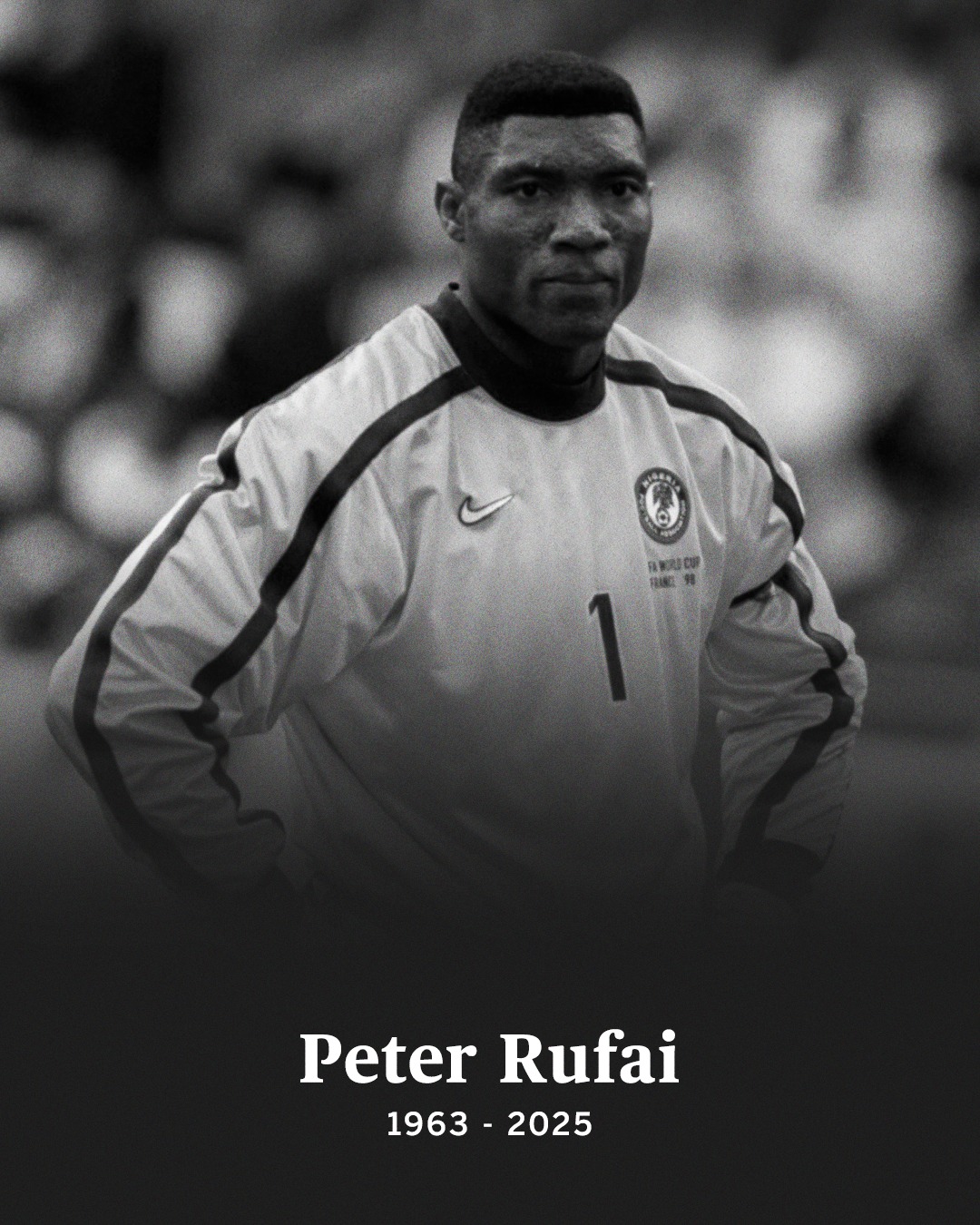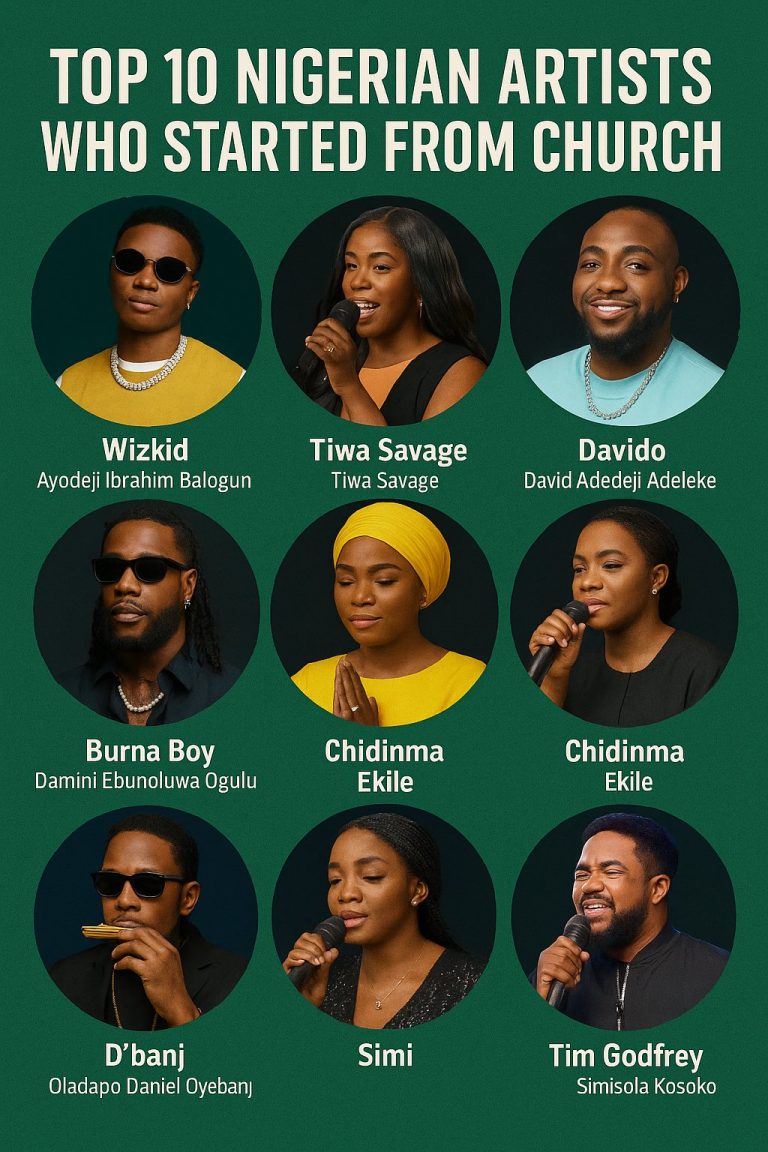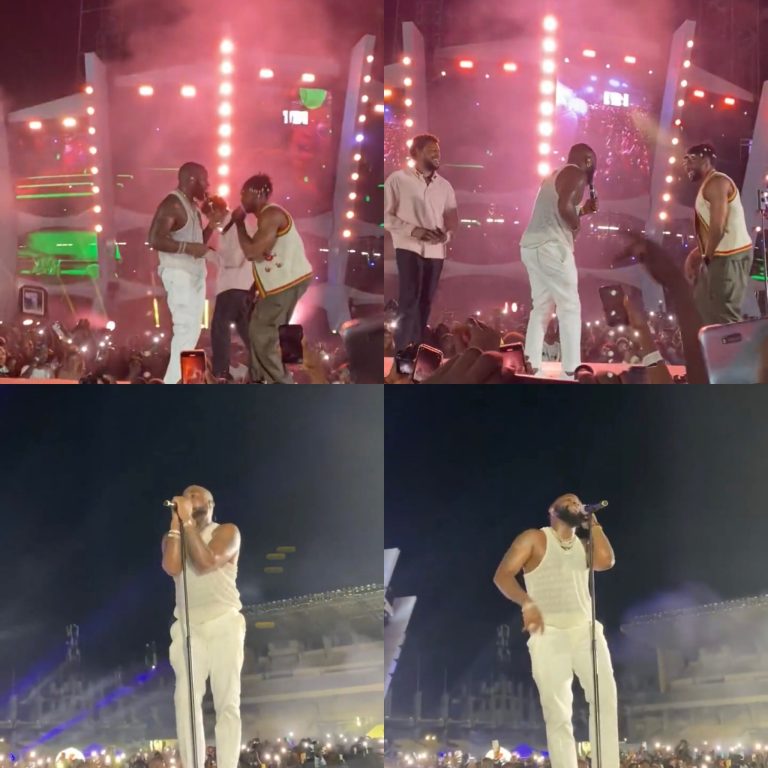Peter Rufai Biography: Nigeria’s Iconic Goalkeeper and His Inspiring Journey
Peter Rufai is a name deeply etched in the history of Nigerian football. Known for his agility, leadership, and iconic saves, he stood tall between the goalposts during Nigeria’s golden football era. This article dives deep into Peter Rufai’s biography, career achievements, hustle story, and post-retirement life.
Early Life of Peter Rufai
Born on August 24, 1963, in Lagos State, Nigeria, Peter Rufai grew up in a royal family. He is often called “Dodo Mayana,” a nickname that resonates among fans even decades later. His early life was not just about royalty; it was filled with discipline, education, and passion for football.
Despite the traditional expectations tied to his royal lineage (he’s the son of a traditional ruler), Rufai pursued a different path — football — which later made him a legend.
Peter Rufai’s Football Career: From Nigeria to Europe

Early Club Career in Nigeria
Peter Rufai began his professional career at Stationery Stores FC, a prominent Nigerian club. His performance caught the attention of foreign scouts, paving the way for his move abroad.
International Career and Breakthrough
He made his international debut for Nigeria in 1983, and by the 1990s, he was Nigeria’s first-choice goalkeeper. Rufai represented the Super Eagles in several major tournaments:
- 1994 Africa Cup of Nations (AFCON) – Champions
- 1994 FIFA World Cup – Nigeria reached the Round of 16
- 1998 FIFA World Cup – Another Round of 16 finish
“Representing Nigeria on the global stage was an honor I’ll always cherish.”
— Peter Rufai
🇧🇪🇵🇹🇪🇸 European Club Career Highlights
Rufai played for several European clubs, which include:
- Lokeren (Belgium)
- Farense (Portugal)
- Hércules CF and Deportivo La Coruña (Spain)
At Deportivo La Coruña, Rufai made history by becoming one of the few Nigerian goalkeepers to compete in La Liga, the Spanish top-flight league.
Achievements and Legacy
Peter Rufai’s career is studded with accomplishments that place him among Africa’s top goalkeepers of his generation.
Career Highlights:
- Over 65 caps for Nigeria
- Winner of the 1994 African Cup of Nations
- Played in two FIFA World Cups
- First Nigerian goalkeeper to play in La Liga
“Rufai brought leadership, composure, and international exposure to the Nigerian team.”
— Nigerian Football Federation (NFF)
Life After Football
After retiring from professional football in 1999, Peter Rufai ventured into sports development and mentorship. He also runs a sports academy in Lagos where he nurtures young talents.
He has been a goalkeeper trainer, sports ambassador, and a frequent guest on Nigerian football shows.
External Link:
For more on Nigeria’s 1994 World Cup Squad, visit FIFA.com.
Educational Background
Despite his football commitments, Rufai pursued education diligently. He studied Physical and Health Education in Benin Republic, which helped him better understand sports science — a rare feat for players of his era.
Frequently Asked Questions (FAQs)
Who is Peter Rufai?
Peter Rufai is a former Nigerian professional goalkeeper who played for the Super Eagles and top European clubs. He is one of Nigeria’s most respected goalkeepers.
Is Peter Rufai Dead?
Yes, died on 03/07/2025.
How old is Peter Rufai?
Peter Rufai was born on August 24, 1963, which makes him 61 years old (as of 2025).
What are Peter Rufai’s top achievements?
- 1994 AFCON winner
- Played in 1994 and 1998 World Cups
- First Nigerian goalkeeper to play in La Liga
What does Peter Rufai do now?
He is involved in youth football development through his sports academy and sometimes works as a pundit or coach.
Why is he called Dodo Mayana?
It’s a nickname from his playing days, referencing his bold style and reflexes — “Dodo” means brave in local parlance, while “Mayana” adds a flair of royalty.
Conclusion
Peter Rufai’s story is one of talent, determination, and breaking barriers. From Lagos streets to La Liga, and from local pitches to World Cup stadiums, Rufai remains a football icon not just in Nigeria, but in African football history.
Whether you’re a football fan, a sports history buff, or a blogger researching top African athletes, Peter Rufai’s biography is both inspirational and educational. He is living proof that with passion, dedication, and courage, anyone can rise to global greatness.
How did Peter Rufai die?
- Cause: He died following a long illness described by media outlets as a prolonged or chronic ailment, not the result of an accident or sudden event .
- Timing: The death occurred on Thursday morning, July 3, 2025, as confirmed by Radio Nigeria and reported by PM News and others (onefootball.com).
- Location: He passed away in his hometown, Lagos, Nigeria .
Peter Rufai: A Brief Recap
- Born on August 24, 1963, in Lagos (en.wikipedia.org).
- Professional career spanned 1980–2000, playing with clubs in Nigeria and across Europe (Belgium, Netherlands, Portugal, Spain) (sportsgister.com).
- Earned 65 caps for Nigeria, famous for being the keeper during the triumphant 1994 AFCON and World Cup tournaments in 1994 and 1998 (en.wikipedia.org).
Tributes & Reactions
- The Nigerian Football Federation honored him as “a giant of Nigerian football” (punchng.com).
- Fans, media, and teammates expressed profound sorrow, praising his leadership, reflexes, and impact both on and off the field (legit.ng).
Frequently Asked Questions (FAQs)
Who was Peter Rufai?
Peter Rufai was one of Nigeria’s most iconic goalkeepers, known by the nickname “Dodo Mayana.” He was part of the Super Eagles team that won the 1994 Africa Cup of Nations and competed in the 1994 and 1998 FIFA World Cups (en.wikipedia.org).
What did he die of?
He died after a prolonged illness, though the family has not disclosed specifics of the disease (m.facebook.com).
When did he die?
Peter Rufai passed away on July 3, 2025, in the early hours of the morning .
How old was he at the time of his death?
He was 61 years old, having been born on August 24, 1963 (onefootball.com).
Was there a statement from his family?
As of now, no official personal statement has been released by his family, though Lagos State government and the national football federation acknowledged his passing (legit.ng).
Conclusion
Peter Rufai’s death marks the end of an era in Nigerian football. A titan in goal, he leaves behind a powerful legacy of excellence, national pride, and inspiration. While the exact illness remains private, the loss is deeply felt across Nigeria and the wider football world.
May Dodo Mayana rest in peace.







